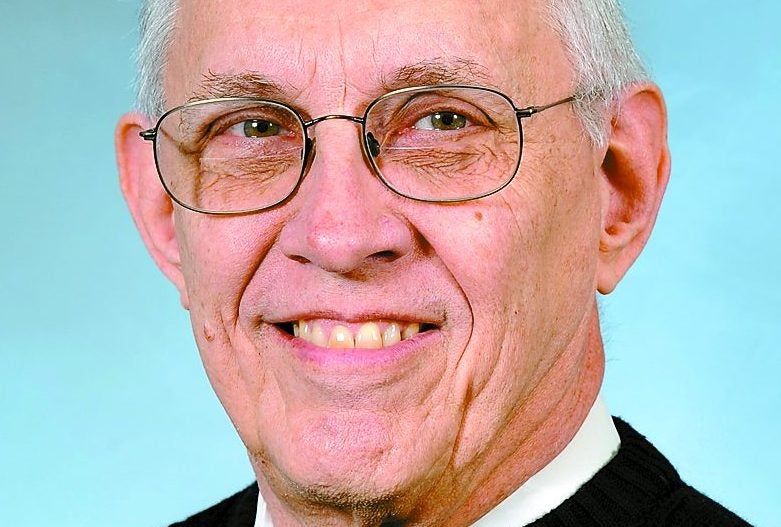Witt: Playing the percentages
Published 11:04 am Tuesday, April 24, 2018

- Chuck Witt is a retired architect and a lifelong resident of Winchester.
These days, when one appears before a locally elected body — or other bodies appointed by elected government officials — and has a specific problem which can only be addressed and/or corrected by that body, he or she will usually have his or her problem addressed with reasonable timeliness.
This occurs on the local level but, if a problem must be addressed at the state or — heaven forbid — the national level, the remoteness of government becomes more apparent and the likelihood of a resolution more unlikely.
The current situation regarding teachers and education across the state is a perfect example of this at the state level as is the difficulty of finding a broad-form solution to the issue of gun violence at the national level.
Why is it as politicians move up in the political hierarchy, they become more disassociated from the people who put them in office? Surely it isn’t just the physical distance. Frankfort is more remote from Winchester than city hall or the courthouse. Washington seems like a continent away, especially when one cannot even make contact through a phone call to the office of their representative or senator, and letters and emails are answered — if at all — with sputum which is nothing more than a generic regurgitation, often not even related to the original contact.
Maybe the real reason that one gets a better outcome locally than at the state or federal level is based on percentages.
Look at it this way. Mayors, commissioners, judge-executives and magistrates here are elected by a relatively small number of people (16,202 Clark Countians voted in 2016, 45 percent of the county population) compared to those eligible to vote for them.
Magistrates are voted into office by even smaller numbers because they are elected by district. That same number (16,202) of voters here accounts for only 0.4 percent of the state population and probably no more than 0.8 percent of the total number of state votes that year, assuming the state turnout was similar to the turnout in Clark County.
So, when a local politician looks at voter information, he or she can see that they are accountable to a larger percentage of people who could vote for them, whereas a state senator sees the Clark County vote as 2 percent of the sixth district population and the Clark County voting population represents 39 percent of the 73rd district population of 41,770.
At the national level, the situation becomes worse as far as elected official/constituent ratios are concerned.
Each Kentucky Senator represents 4.339 million people and the sixth district Representative represents 765,591 individuals. So, Clark County’s 16,202 voters represent 0.37 percent of the state population to each senator and 2.1 percent to our sixth district congressman.
Divide one person by 4.339 million and 765,591 and it becomes immediately apparent why a single individual assumes less and less importance as his or her representative becomes more segregated by population statistics.
Addressing problems of constituencies of diminishing percentages is just not in the makeup of those who achieve national office and only somewhat less so for those at the state level.
Unless an individual has the same monetary clout as the organizations and special interests who flow large sums into elections campaigns, this situation is unlikely to change.
In other words, don’t expect your call or letter to your senator or representative to account for much unless either is accompanied by a pledge of a significant sum of money.
Chuck Witt is a retired architect and a lifelong resident of Winchester. He can be reached at chuck740@bellsouth.net.





